In the sprawling universe of blockchain, the term ‘validator’ might not grab the headlines like Bitcoin’s astronomical prices or Ethereum’s innovative smart contracts. However, for those plumbing the depths of blockchain’s infrastructure, validators play a crucial role in the validation and security of distributed ledger technologies (DLTs), and in turn, sustain the very concept of decentralization. This article aims to unravel the layers of the blockchain validator, exploring their significance, responsibilities, and how anyone with the right tools can become one.
Blockchain Technology at a Glance
Before we leap into the world of blockchain validators, a quick primer on blockchain as a technology is in order. Blockchain is a decentralized, distributed ledger that records the origin of a digital asset. This shared public database is accessible to anyone who participates in the network and is secured through cryptography, making it resistant to data modification.
Blockchain isn’t just a ledger; it’s a revolutionary technology that underpins cryptocurrencies, including Bitcoin and Ethereum, and extends its utility to supply chain verification, smart contracts, digital identification, and more.
How Blockchain Works
At its core, blockchain is a chain of blocks, with each block being a record of transactions, linked together and secured using cryptographic principles. When a new transaction occurs, it is verified by participants on the network and then added to a ‘block.’ Once the block is full, it is ‘chained’ to the previous block, creating an irreversible and transparent timeline.
Here’s where validators come in – they are responsible for ensuring the integrity of each proposed block of transactions before adding it to the blockchain. But, who are these validators, and what exactly do they do?
Types of Blockchain Validators
Validators come in various forms, depending on the blockchain they support. The most common types include:
Proof of Work (PoW) Miners – These are validators in the PoW consensus algorithm, like the one behind Bitcoin, who solve complex mathematical puzzles to validate new blocks. PoW is known for its robust security but is criticized for its high energy consumption.
Proof of Stake (PoS) Validators – In PoS systems, validators are chosen to add a new block based on the number of coins they are willing to ‘stake’ as collateral. PoS is seen as a more energy-efficient alternative to PoW.
Delegated Proof of Stake (DPoS) Validators – This is a variation of PoS where token holders select a smaller number of representatives to validate blocks on their behalf.
More Recent Consensus Algorithms – Newer blockchains are experimenting with different validation models, such as Proof of Authority (PoA) and Threshold Relay, that introduce alternative, and sometimes more decentralized, approaches to validation.
How to Become a Blockchain Validator
The process of becoming a blockchain validator varies between blockchain networks. Generally, the steps involve:
Understanding the Technology – Before becoming a validator, it’s crucial to grasp the technical aspects of the specific blockchain as well as the consensus algorithm it deploys.
Network Participation – One typically needs to join the network as a participant, often by obtaining the native token, which is staked to ‘prove’ legitimacy within PoS and similar models.
Setting Up a Node – Validators need to run a full node, a computer program that validates and relays transactions across the blockchain.
Maintaining Requirements – Running a node requires high uptime and adequate hardware resources. Validators must ensure they meet these requirements to critically sustain network integrity and operational responsibility.
Staking – For PoS systems, the process of staking requires locking away a certain number of tokens, thereby ‘staking a claim’ and gaining the right to validate transactions and create new blocks.
These requirements play a significant role in ensuring that only committed individuals participate in the process, thus safeguarding the network’s security.
Challenges Faced by Blockchain Validators
Validators encounter various challenges, some common across different types of blockchains, others specific to the validation model. Common challenges include technical complexities, such as maintaining a secure node in the face of evolving threats, and ensuring high availability to maintain the block production schedule.
For PoW and PoS models, there are unique challenges. For PoW miners, it’s the continual race to solve the complex puzzles before others to claim the block rewards. For PoS and DPoS validators, market-driven issues like economic attacks and the risk of staked tokens losing value are significant concerns.
Rewards and Incentives for Validators
The validator role, while crucial for blockchain operation, is also incentivized. Validators earn rewards in the form of transaction fees or new tokens when they create a new block. In PoS systems, where the selection process is based on staking, the size of the stake influences the size of the reward, often serving as a form of ‘interest’ for holding the native token.
These rewards can be substantial, especially if the blockchain’s use is widespread, which incentivizes validators to perform their duties honestly and efficiently.
Validator Responsibilities and Governance
Validators not only validate transactions but often partake in the governance of the blockchain network. This can involve voting on protocol upgrades, changes to transaction fees, and other network parameters. The level of influence a validator has on governance typically corresponds to the size of their stake or the computational resources they dedicate to the network.
Impact of Validators on Blockchain Performance and Security
Validators are pivotal for a blockchain’s performance and security. Their role is to ensure that only valid transactions are added to the blockchain, maintaining the ledger’s integrity. They’re also on the front line against various attacks aimed at disrupting the blockchain, such as the notorious 51% attack in PoW systems.
The number and composition of validators directly influence a blockchain’s decentralization and security. Networks where validators are few or controlled by a small group introduce centralization risks. Conversely, a diverse and widespread validator base enhances decentralization and the robustness of the network.
Conclusion
Blockchain validators, in their silent but pivotal role, fortify the very foundations of decentralized ecosystems. Whether it’s in proof of work, proof of stake, or the innovations sprouting across new blockchain platforms, validators serve as the gatekeepers of network integrity and as custodians of its future. Their duties and contributions are what help blockchain technology evolve into a more secure and equitable paradigm.
With the information laid out in this post, it’s clear that validators are more than just a cog in the machine of blockchain – they’re the architects of trust in a digital age, shaping a world where transactions are not overseen by a central authority, but by a collective and collaborative validation process.
FAQs
What differentiates a blockchain validator from a miner?
While both validators and miners are essential for blockchains to function, they differ primarily in the consensus mechanism they support and their corresponding roles. Miners are characteristic of PoW networks, where their main task is to computationally solve complex puzzles to add a block to the blockchain. Validators, on the other hand, often operate within PoS systems, where they are selected to validate a new block based on the number of tokens they ‘stake’ as collateral.
Can anyone become a blockchain validator, or are there specific qualifications?
The technical requirements to become a blockchain validator are becoming more accessible, with the rise of user-friendly tools and interfaces. However, candidates will need to invest time and resources in understanding the specifics of the blockchain in which they wish to validate. Additionally, financial requirements vary; for PoS systems, the more tokens you can stake, the more likely you are to be chosen as a validator.
What are the most significant risks for blockchain validators?
The risks faced by validators depend on the consensus algorithm and the specific blockchain they are validating. For PoW miners, the costs associated with mining hardware and electricity are significant factors, as well as the threat of 51% attacks. For PoS or DPoS, validators face risks such as economic attacks, legal liabilities, or financial penalties for malicious actions.
How do blockchain validators contribute to the decentralization of the network?
Validators establish and maintain the trust and immutable nature of a blockchain’s ledger without the need for a central authority. This decentralization is achieved through a consensus mechanism that often requires a majority or a significant proportion of the network to sign off on new transactions. By being the network’s ‘jury,’ validators ensure that transactions are valid and secure, promoting a democratic and robust network structure.

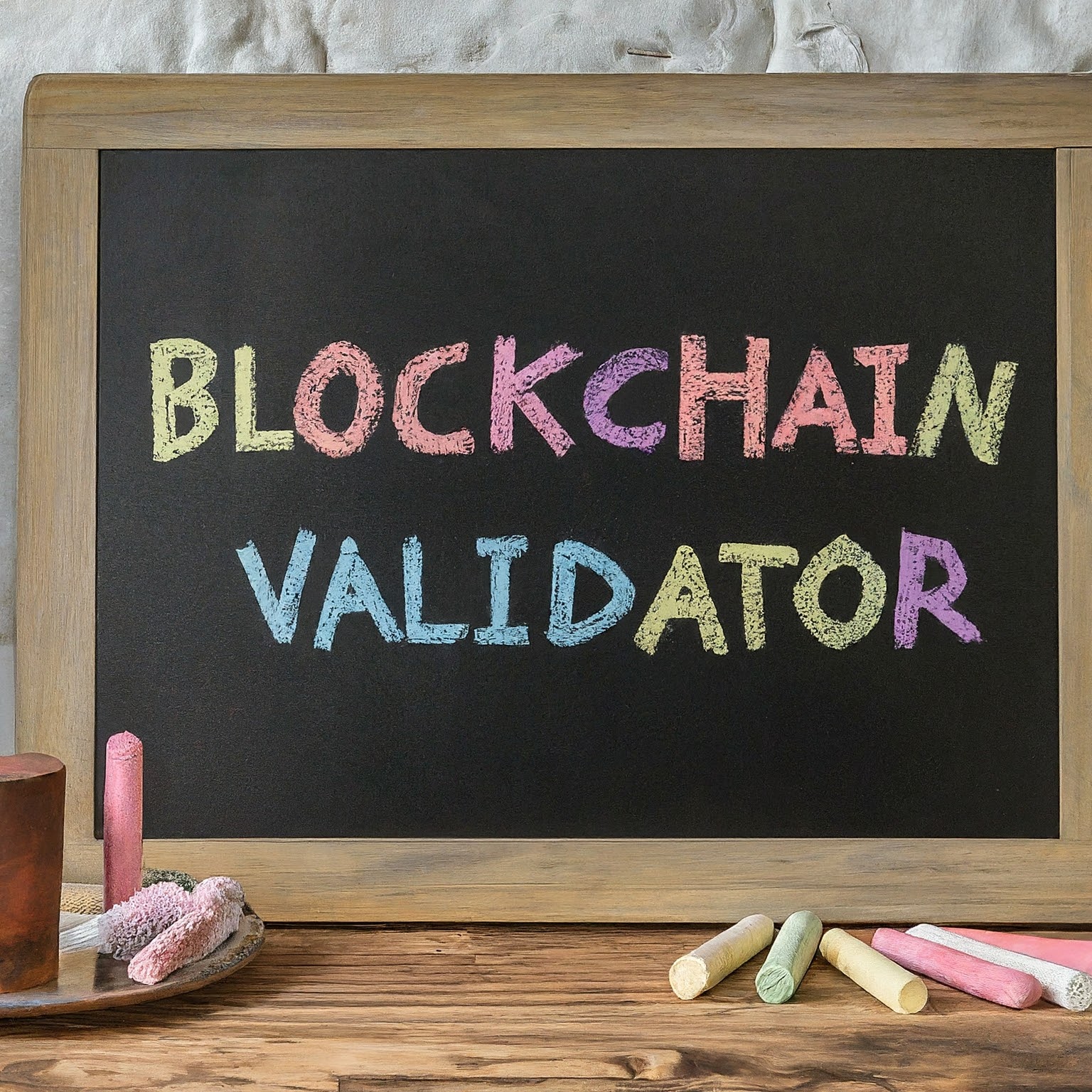
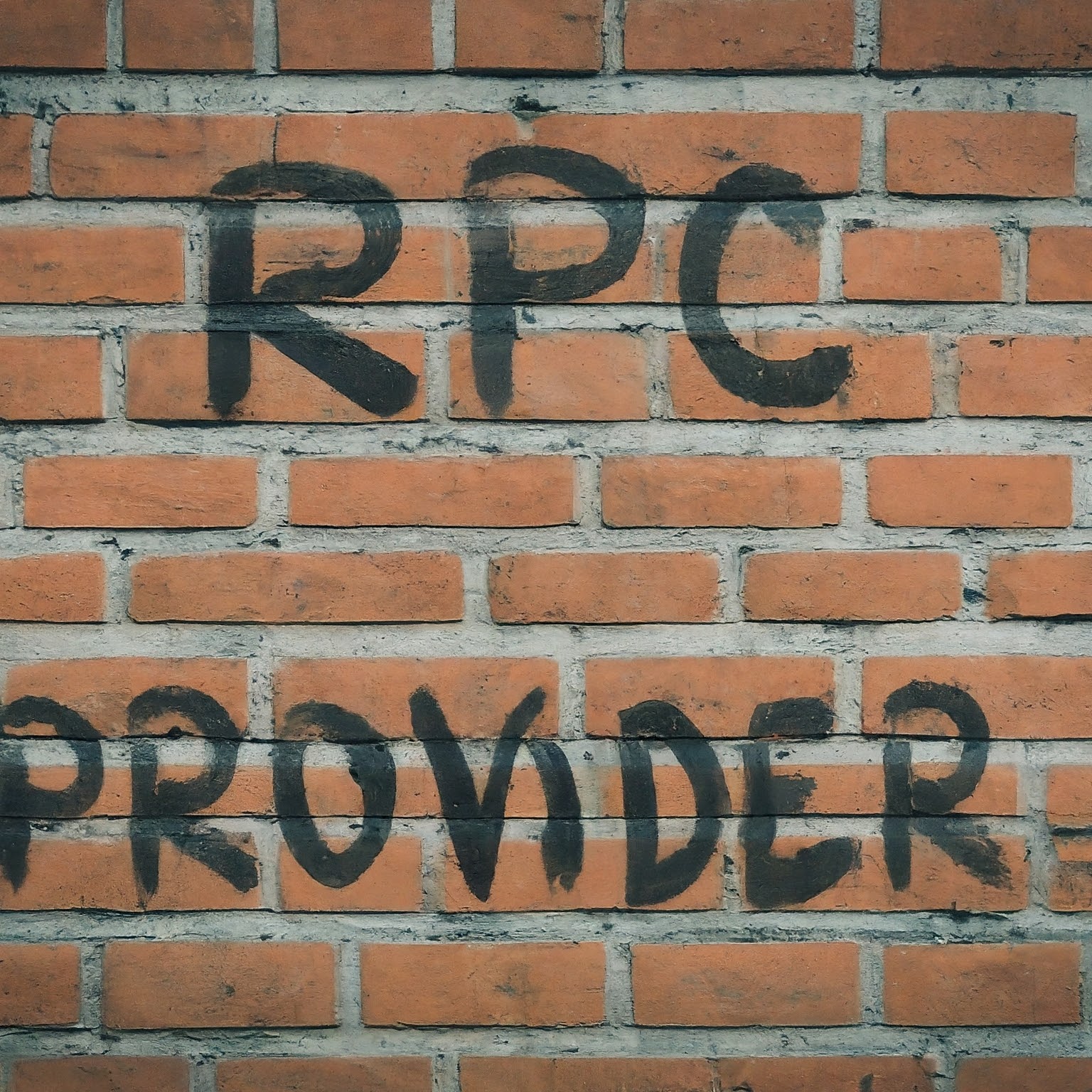
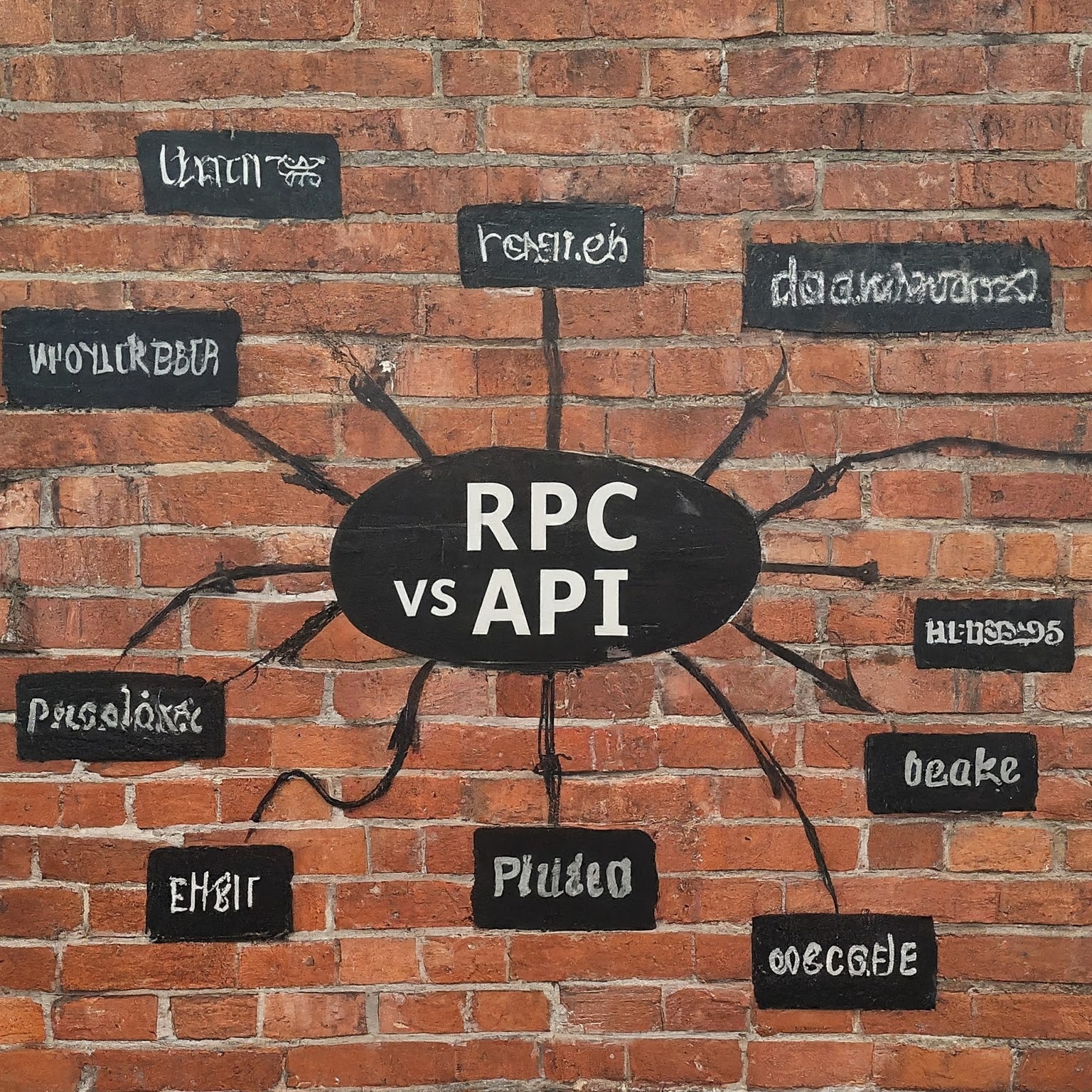
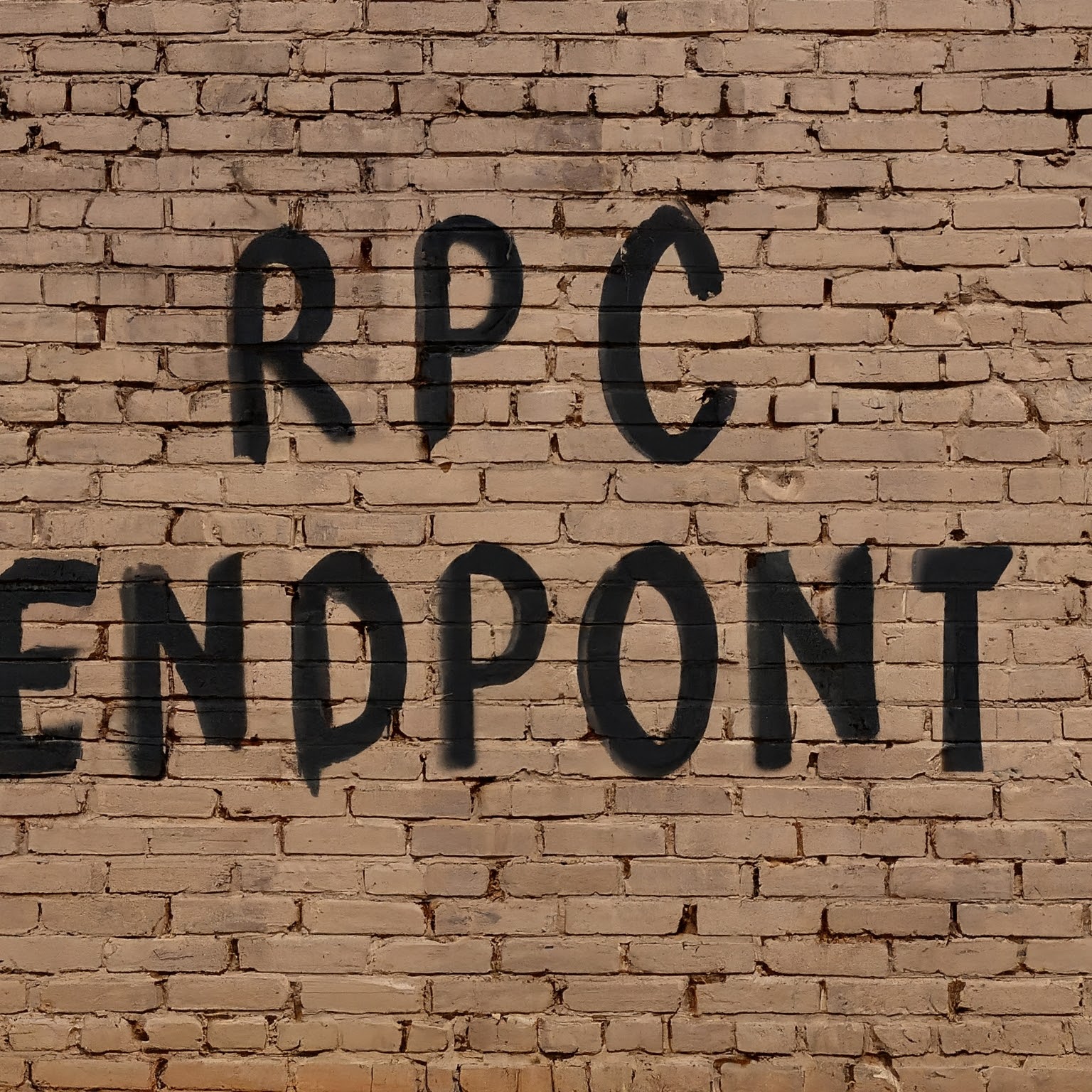
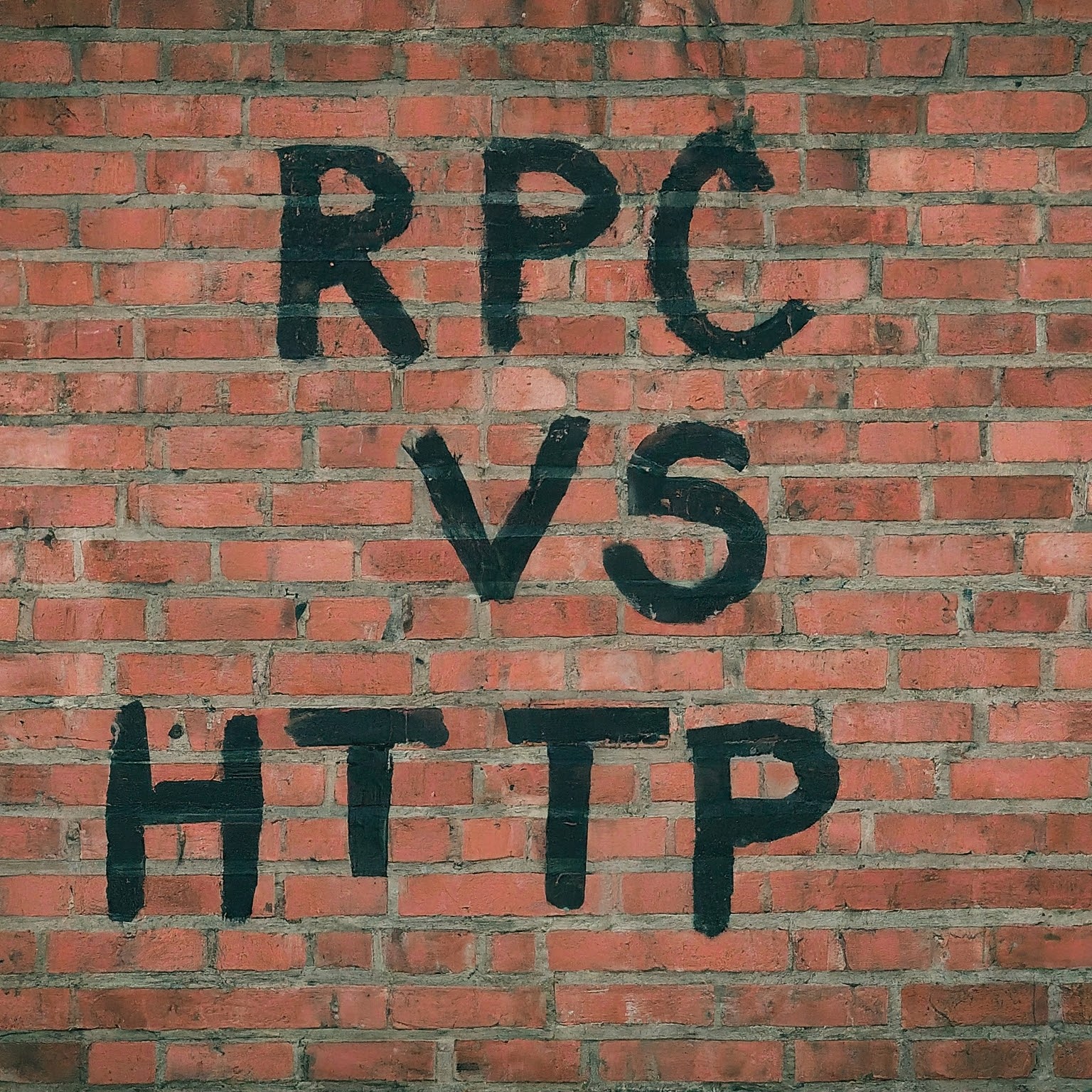
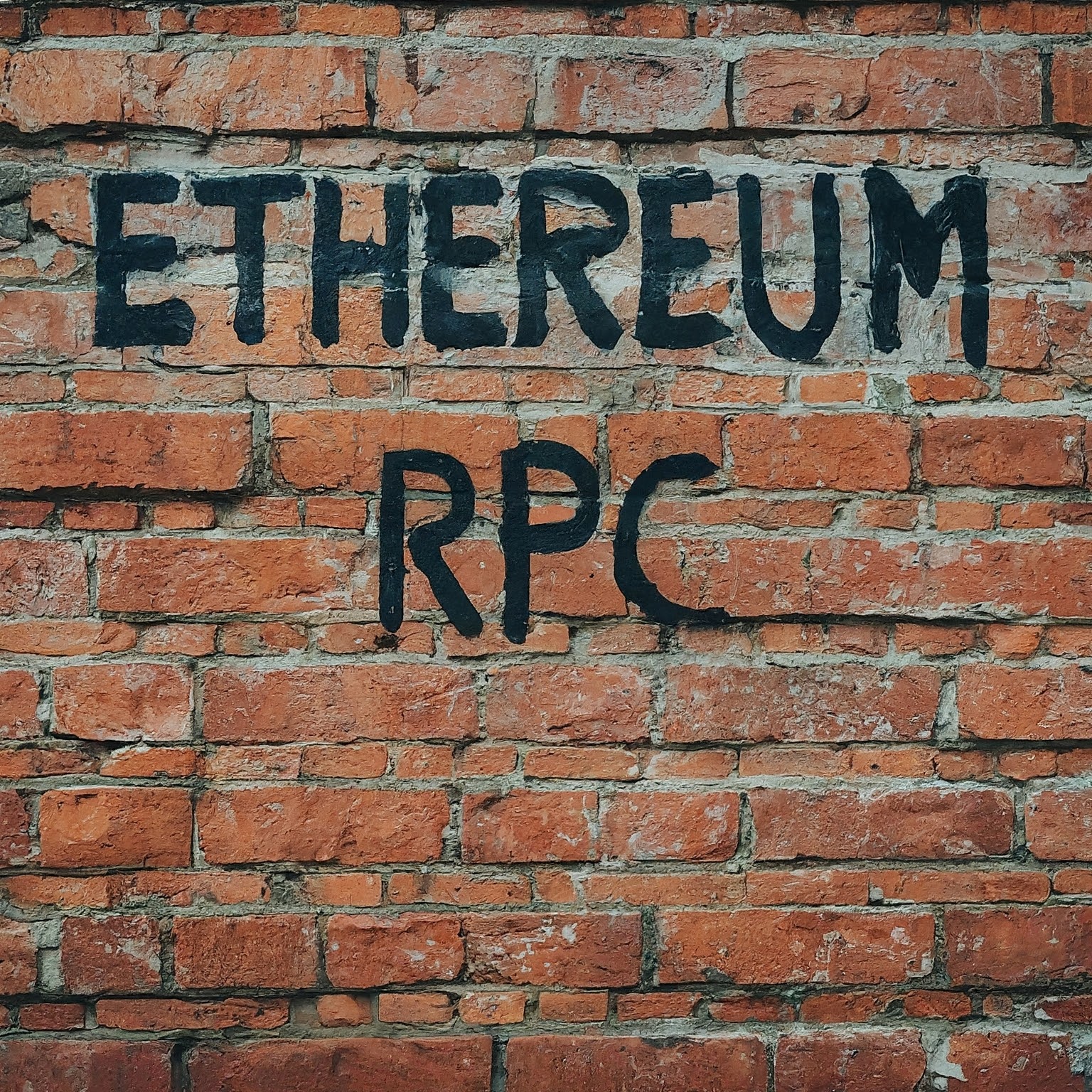
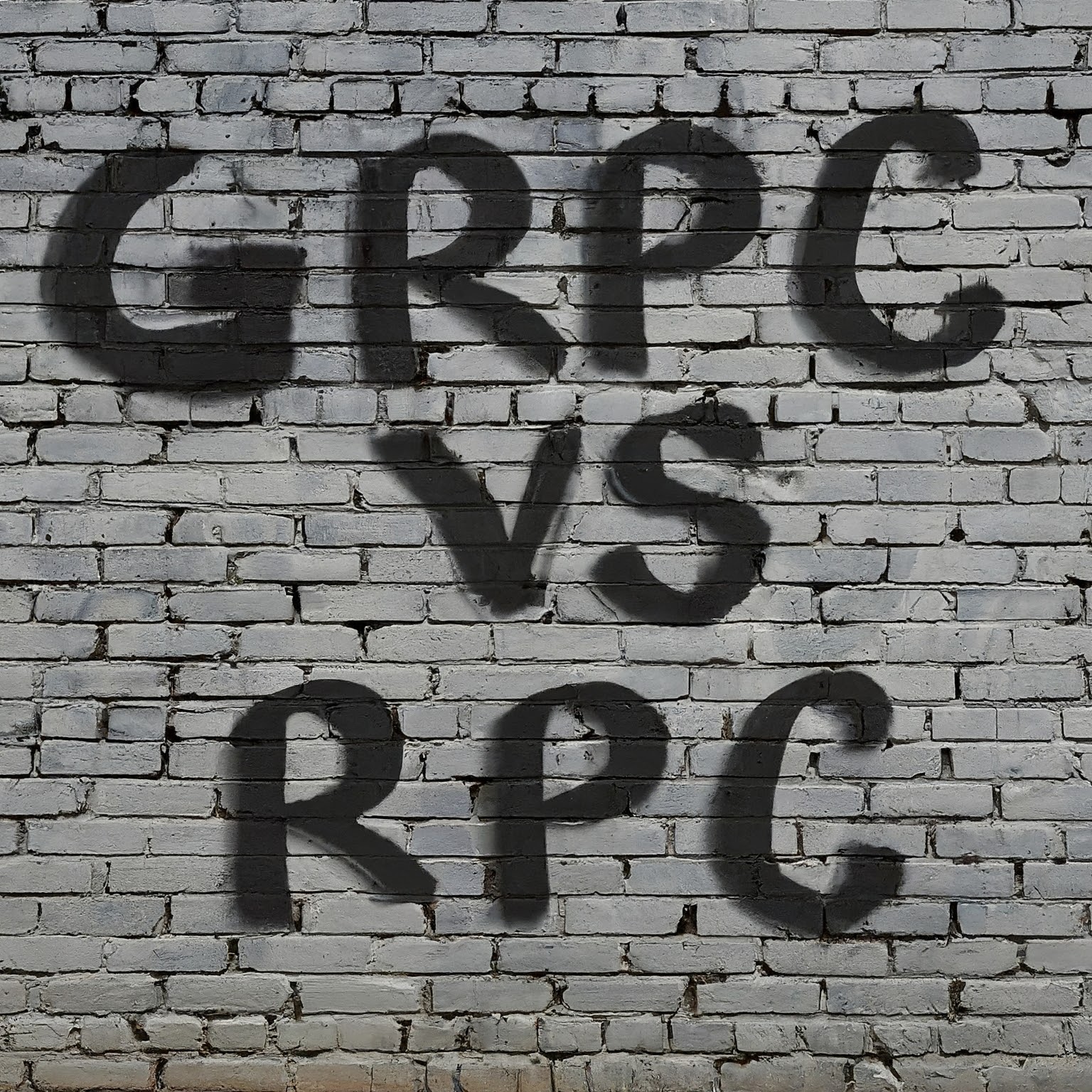
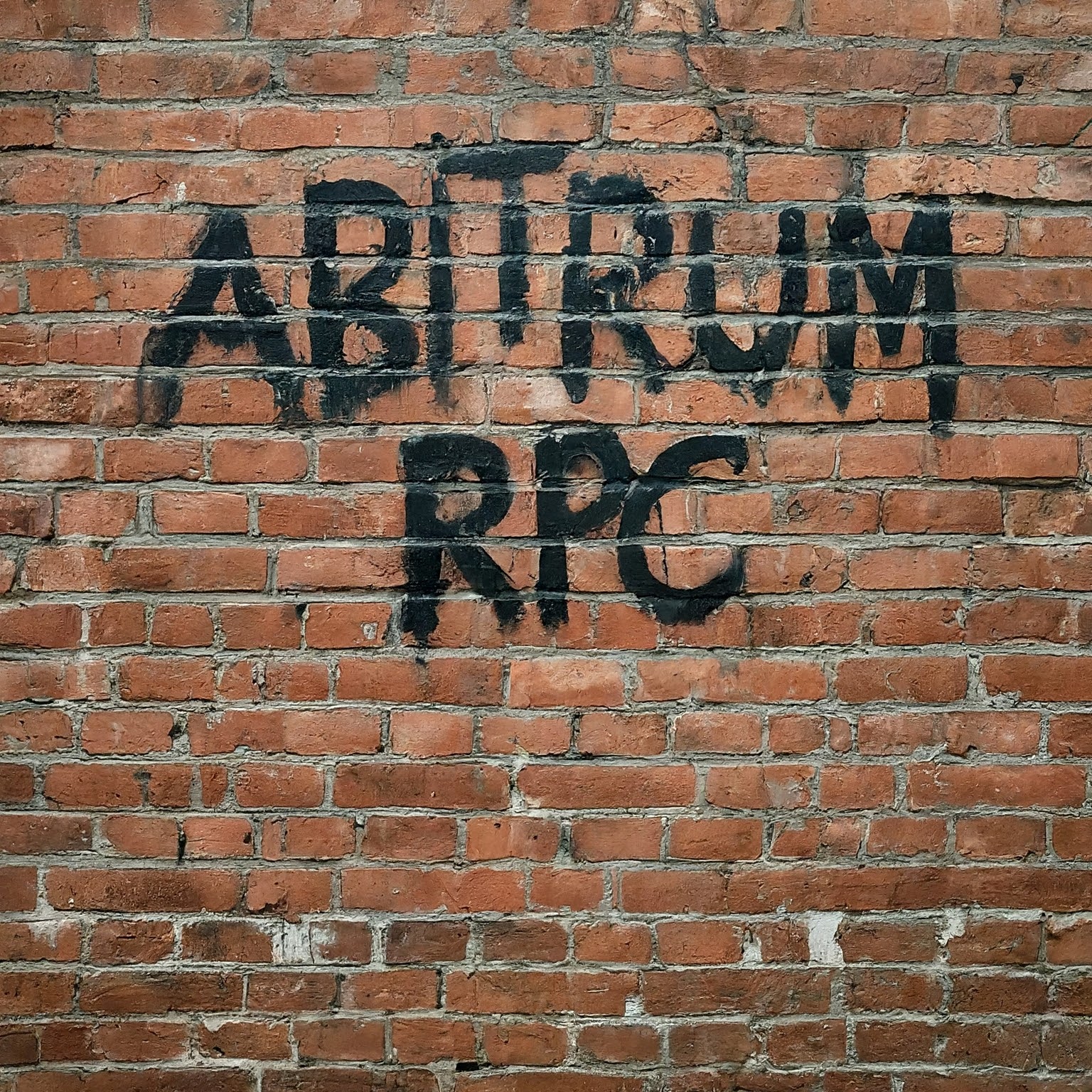
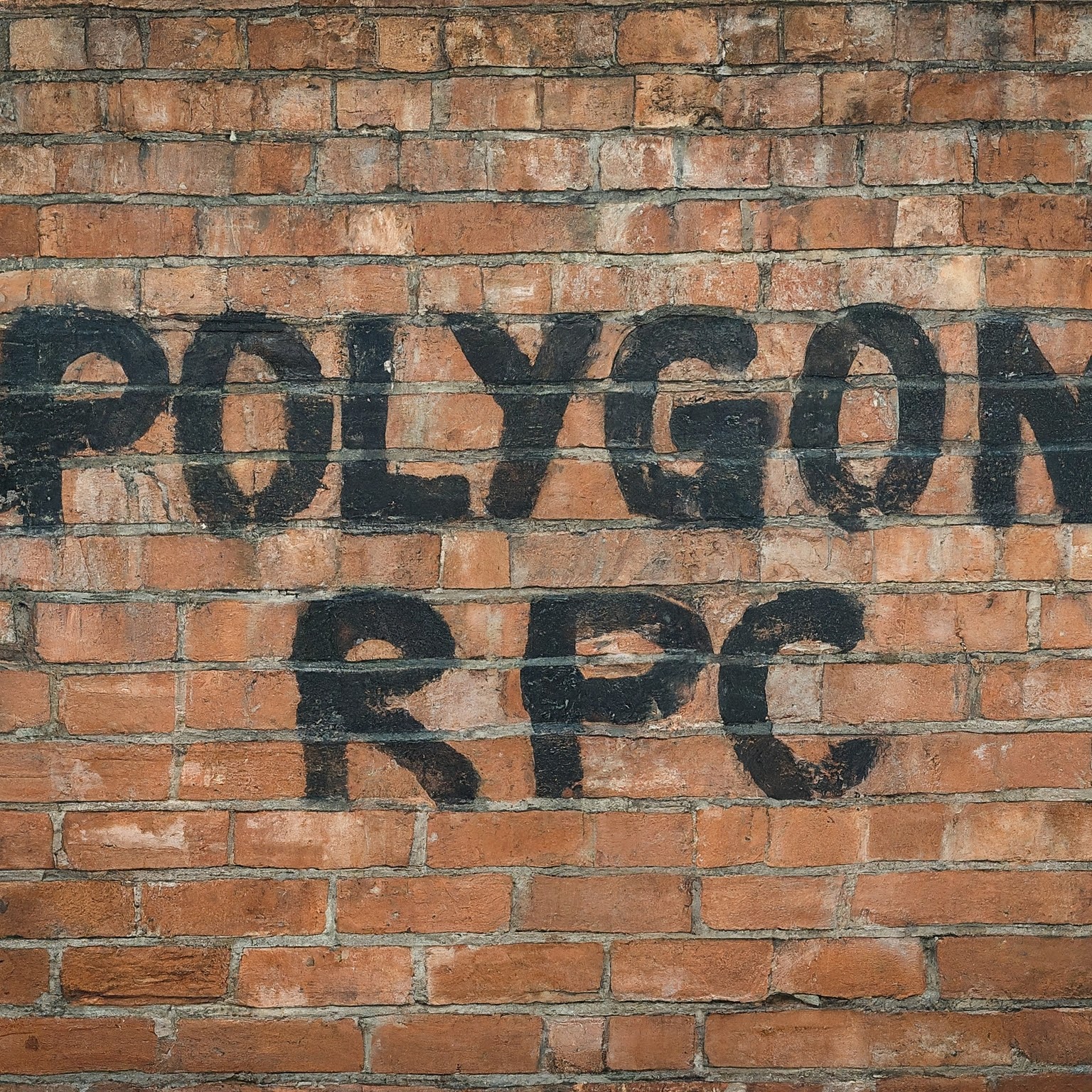
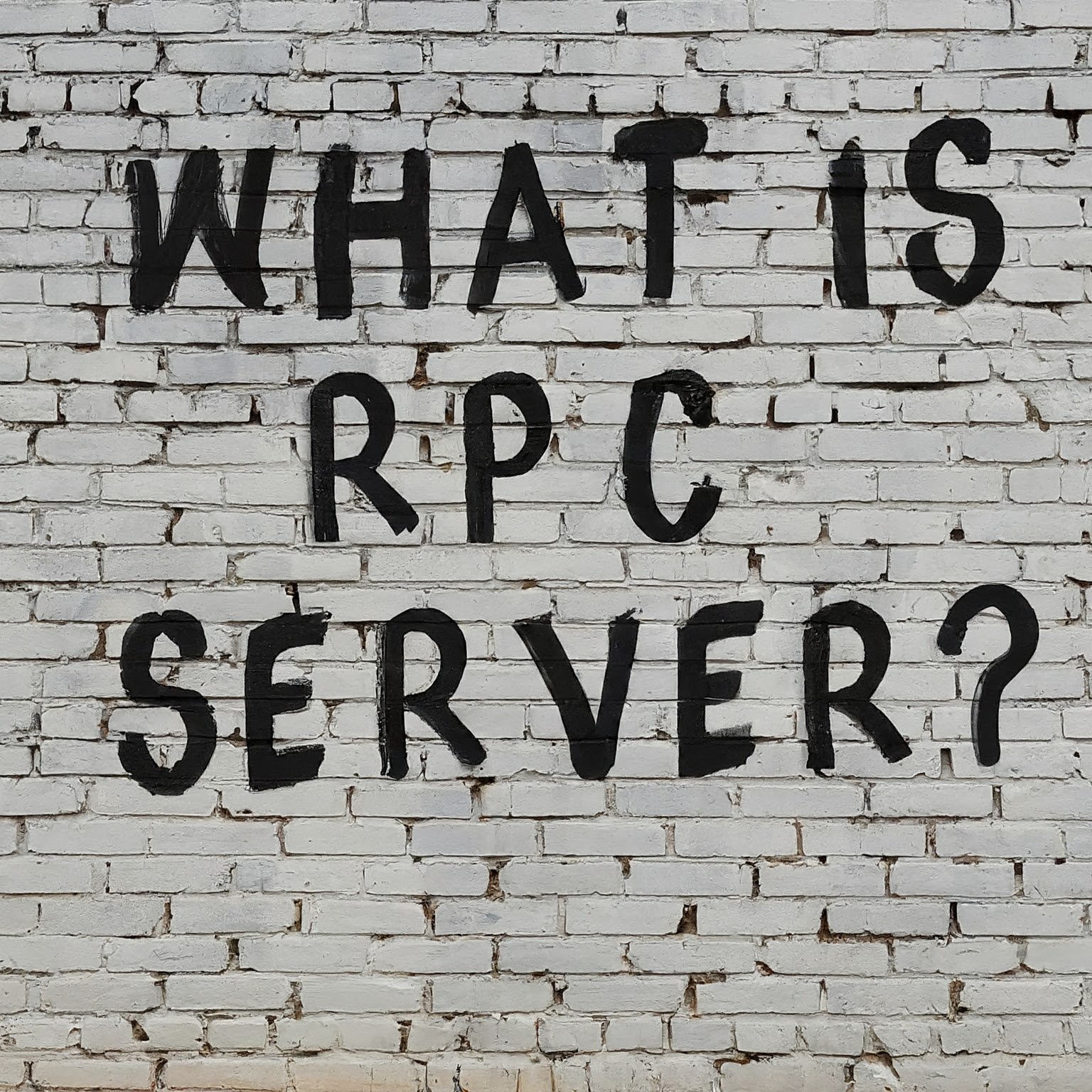
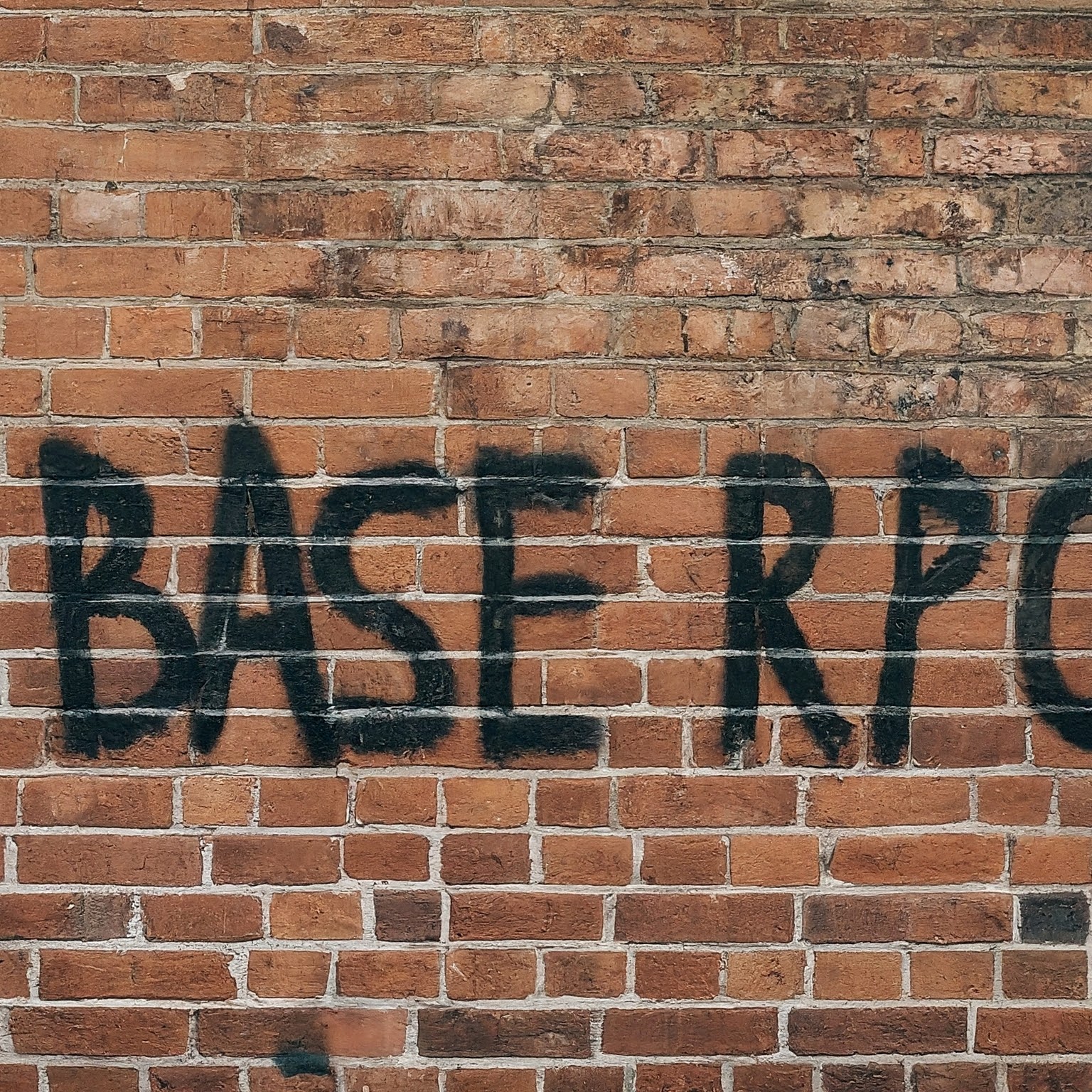
Leave a Reply
You must be logged in to post a comment.